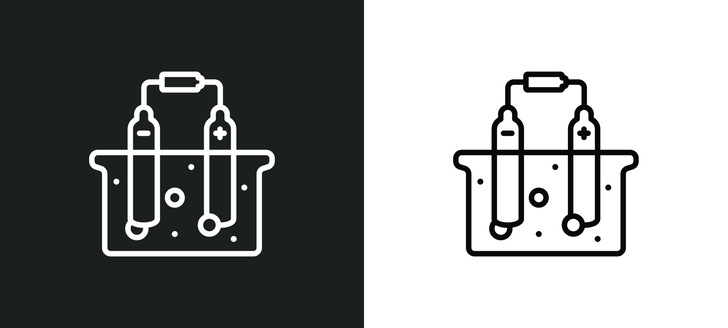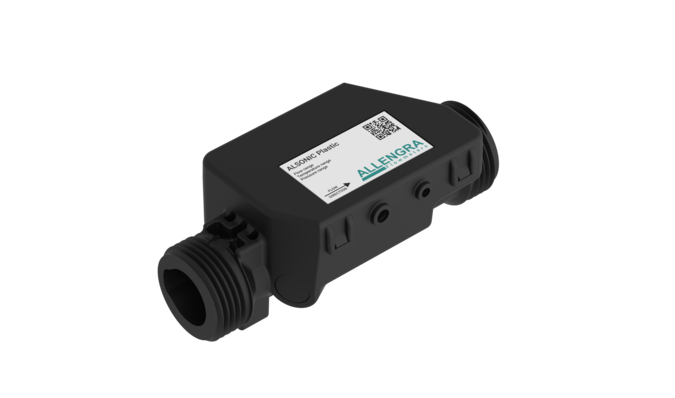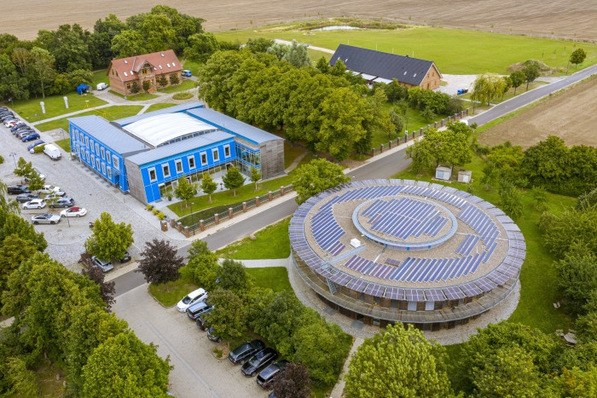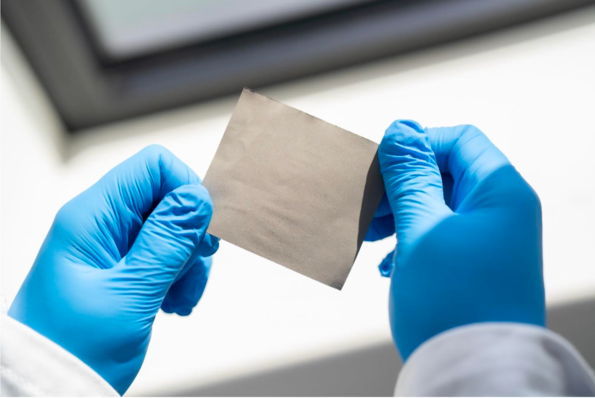ZSW and the Holst Centre have launched the joint research project "genAEMStack." The goal is to develop a manufacturer-independent electrolyser stack based on anion exchange membrane technology (AEMEL). The partners aim to create a cost-efficient and scalable alternative to existing electrolysis processes.
The project is funded by the Ministry of Economic Affairs of Baden-Württemberg with approximately 1.6 million euros from the European Regional Development Fund (ERDF). The duration is 2.5 years.
ZSW focuses on the design and production of a series-ready AEMEL stack as well as modeling approaches for membrane electrode assemblies (MEA). In the first step, a stack with around 10 kilowatts of power is to be developed on a laboratory scale. In a later phase, scaling to over 100 kilowatts is planned. The tests will be conducted at the ElyLab test center of ZSW in Stuttgart.
The Holst Centre is complementarily developing new porous transport layers with integrated flow fields as well as catalytic and protective coatings. It also analyzes cost structures and tests the new components on a laboratory scale.
The developed stack is intended to be available to companies as an open development platform. The involvement of potential industrial partners is carried out in collaboration with the innovation agency e-mobil BW and the Brabant Development Agency.
“The unique competencies of our two regions can complement each other and thus not only bring forth new technologies but also orchestrate innovations with commercial partners from both regions,” says Emilio Manrique, Business Development Manager at the Holst Centre.
The AEMEL technology combines the advantages of alkaline electrolysis (AEL) – such as the avoidance of precious metals – with the dynamics and power density of polymer electrolyte membrane electrolysis (PEMEL). It is considered promising but is not yet as technologically advanced as AEL or PEMEL. The "genAEMStack" project aims to help close this gap.









